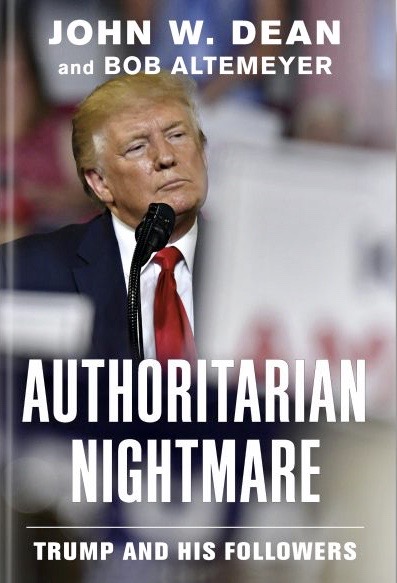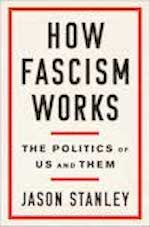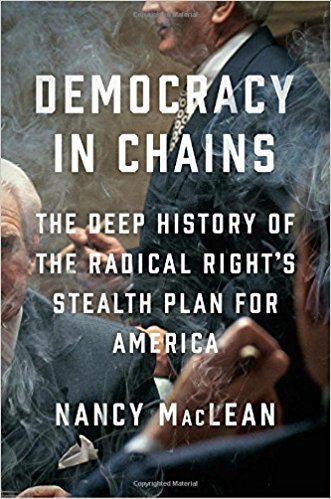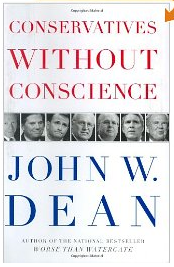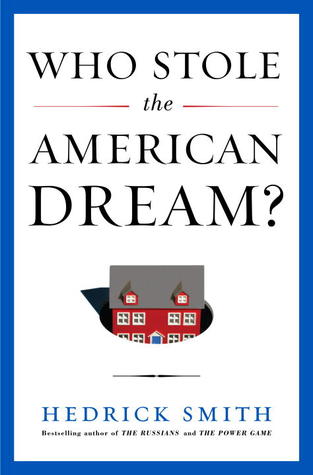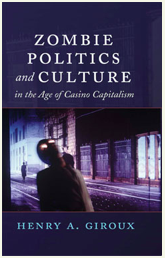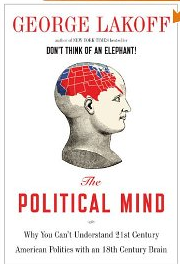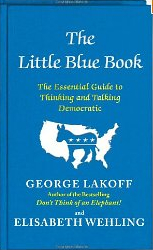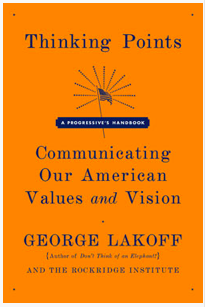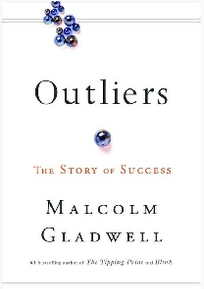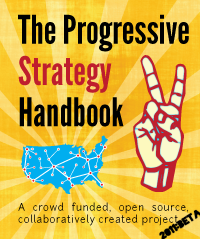Republican Governor Who Tells People to Sacrifice Took $2,500 Helicopter Ride to Son’s Baseball Game – New Jersey Governor Chris Christie’s image as a cost-cutter may have started cracking the moment he boarded a state police helicopter to get to his son’s high-school baseball game, leaving New Jersey with a $2,500 bill.
Christie took office in January 2010 pledging to bring fiscal restraint to a state with the fourth-highest public-debt burden in the U.S. at $3,940 per capita, according to a report from Moody’s Investors Service. For fiscal 2012, which starts in July, he has urged “shared sacrifice†under a $29.4 billion spending plan that Democrats say skimps on education and health.
The helicopter ride, plus a trooper-driven arrival at the ballfield with his wife, Mary Pat, before two varsity teams, fans and family, raised questions about the Republican governor’s judgment. Neither the game nor a later meeting he flew to was state business, said Patrick Murray, director of the Monmouth University Polling Institute in West Long Branch.
“He has been asking everyone else in the state to pull themselves up by their bootstraps and share in the sacrifice of all these budget cuts to education and so forth,†Murray said.
Republicans Release Plan to Start Another Recession – House Republican leaders late last week released a new plan to reduce regulation and taxes. This plan is a rehash of the same unsuccessful plan that led our economy into the Great Recession during the Bush administration. The problem then and now with the top Republican goal of economic policy — to make the top income earners in our society even more incredibly wealthy — is that it undercuts our nation’s prospects for a prosperous future. We’ve been down this road before and it didn’t end well.
So what happened after the massive tax cuts in the early 2000s? The remainder of the decade saw the lowest pace of economic growth of any economic expansion in half a century. From 2000 to 2007 employment and incomes also grew slower than in any other economic expansion in half a century. Income growth was so weak that in 2007, at the end of the 2000s economic expansion, the typical household had income below what it had been in 2000.
The Republican plan to cut and cut taxes didn’t generate strong growth in the past decade, so why would it in this decade? What it will do instead is further strain the American middle class. Another bout of tax cuts for the wealthy will create the conditions for a less-stable economy moving forward and lead to the same slow pace of business investment. If we’ve learned anything from the economic crisis of the past few years, it should be that making the already wealthy even wealthier is not a recipe for stable economic growth.
Today, small business owners say poor sales is more of a problem than regulations, taxes, inflation, or the cost of labor. Yet instead of any plan to invest in our economy, House Republicans tout their jobs plan while seeking to gut financial regulation at the same time. Regulating Wall Street is imperative if we want to put our economy on a sounder footing moving forward. Insisting that finance should be free of government interference is what caused the Great Recession. It’s insane to take us down that road again.
Real Republican Budget Hatchet Man Intends to Hit the Poor Hardest – In the escalating fight over the budget and deficit in Washington, all eyes have been trained on GOP golden boy Rep. Paul Ryan. But though the Wisconsin Republican’s controversial plan to gut Medicare has dominated the headlines, another House GOPer has been quietly doing the dirty work of making the budget cuts that actually have some chance of passing.
Two weeks ago, Rep. Hal Rogers (R-Ky.), chairman of the House Appropriations Committee, made the GOP’s next big move to slash spending for social programs. In a little-noticed proposal, Rogers detailed how the GOP wants to inflict the pain of more than $1 trillion in unspecified discretionary spending cuts contained in Ryan’s 2012 budget, which passed the House in April. Rogers has now divided up the cuts into 12 different areas, each of which will be considered as its own spending bill. Under his proposal, the poor and the working class will be hardest-hit.
Think About It
If the Republican plan to replace Medicare with a voucher system really doesn’t leave the recipients holding the bag, then why are Republicans unwilling to implement it across old and young immediately? Obviously, the fact that they want to exempt current seniors (traditionally part of their base) proves that the costs are much larger than they are letting on. – JLV
Regards,
Jim





